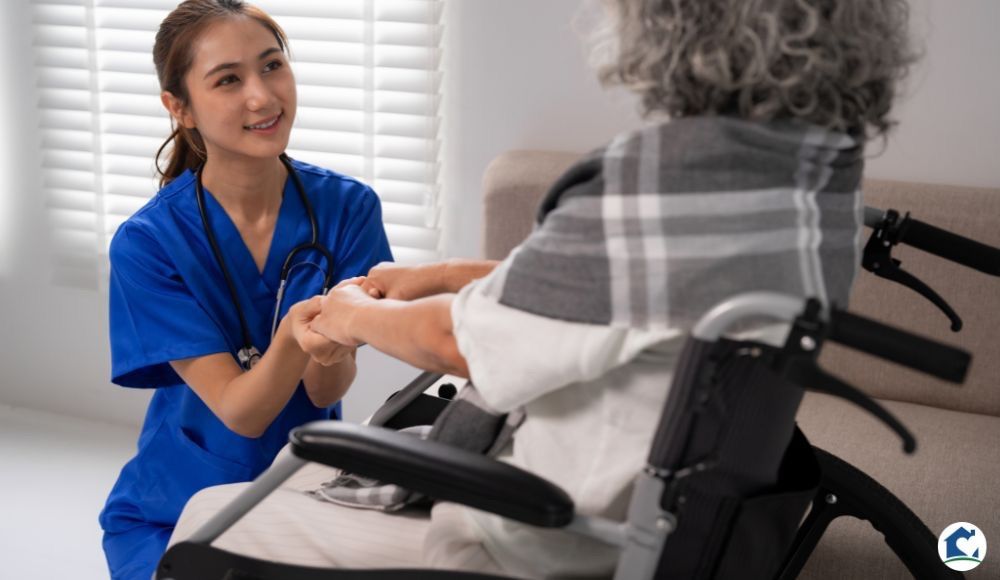How Transitional Care Reduces Hospital Readmissions
Patients, families, and healthcare systems are all concerned about hospital readmissions. Every time a patient comes back, it usually means that there were problems with care coordination, follow-up, or the patient's understanding of their discharge. Transitional care, which is the link between the hospital and the home, is very important for filling in these gaps. Transitional in-home care helps prevent hospital readmissions by ensuring patients receive the medical, emotional, and social support they need during recovery. This home health care improves outcomes and overall quality of life.
Monitoring Patients to Avoid Readmission Triggers
One of the most effective strategies in transitional care is continuous patient monitoring. After discharge, many patients struggle to manage new medications, recognize early warning signs, or adhere to follow-up appointments. Transitional care teams—including nurses, case managers, and home health care services—monitor patients closely through phone calls, home visits, or telehealth check-ins.
This proactive approach helps caregivers find problems before they become emergencies. For example, a nurse might notice that a patient who had surgery is swelling during a video call and could inform the doctor immediately, preventing the patient's return to the hospital.
Monitoring also includes managing medications, making sure prescriptions are filled and taken correctly, and ensuring they don't cause harmful interactions. Transitional care reduces the risk that a patient's condition will worsen after discharge by closely monitoring them.
Providing Consistent Care to Build Patient Confidence
Consistency is essential for making patients feel safe and in charge of their recovery. Transitional care makes it easy for hospital staff, primary care providers, and in-home care services to communicate. Communication ensures that everyone caring for the patient knows the patient's treatment plan, when they need to follow up, and their recovery goals.
Patients who receive clear, coordinated home health care are more likely to follow medical advice and less likely to feel abandoned after leaving the hospital. Transitional home care providers often act as advocates, ensuring follow-ups occur as planned and that test results or medication changes are communicated promptly.
Consistency builds trust and gives patients the confidence to take better care of their own health, which is one of the best ways to prevent them from returning to the hospital.
Providing Emotional Reassurance and Companionship
Transitional support goes beyond medical care to help people address the emotional challenges of recovery. A lot of people, especially older people or those with long-term illnesses, feel anxious or alone after being in the hospital. A transitional home care provider can help people feel better by talking to them regularly, giving them emotional support, and listening with empathy.
A quick phone call to check in can help patients feel cared for and connected, which can lower stress that can make recovery more complicated. Being with someone also enables the in-home care provider to notice small changes in a patient's condition that they might not have seen otherwise. Transitional care not only lowers the risk of going back to the hospital, but it also helps people get back to their everyday lives more easily and with more confidence by supporting both their mental and physical health.
In short, transitional home care turns the vulnerable time after a hospital stay into a structured, supportive time that protects patients' health, calms their minds, and keeps them where they are most comfortable: at home.
Request a Free In-Home Healthcare Consultation with a Licensed Nurse
Discover how Comforting Home Care by Phoebe can support you or your loved one’s transition from hospital to home. Schedule a complimentary in-home care consultation today, and one of our compassionate licensed nurses will visit you anywhere in Berks, Bucks, Lehigh, or Northampton Counties.
Contact us at 610-625-5206 or connect with us online to learn more.












